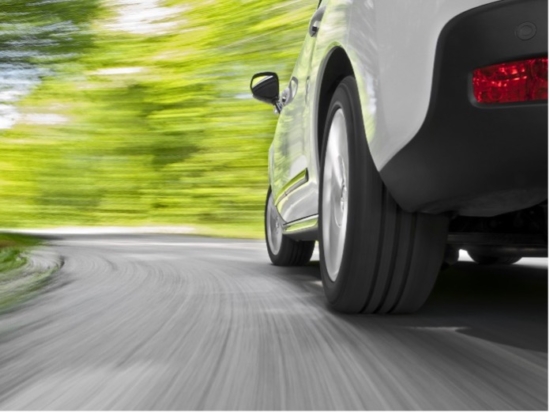Asahi Kasei selling mass-balanced BR and S-SBR
 The mass balance procedure is a method used worldwide to calculate the proportion of sustainable raw materials for individual products in a mix of sustainable and crude oil-derived raw materials. (Photo: Asahi Kasei)
The mass balance procedure is a method used worldwide to calculate the proportion of sustainable raw materials for individual products in a mix of sustainable and crude oil-derived raw materials. (Photo: Asahi Kasei)
Effective November 2022, Asahi Kasei began selling Tufdene S-SBR (solution-polymerized styrene-butadiene rubber) and Asadene BR (butadiene rubber) made using the mass-balance method at Asahi Kasei Synthetic Rubber Singapore Pte. Ltd. and the synthetic rubber plant of Asahi Kasei’s Kawasaki Works. The sale will be based on the ISCC PLUS certification for S-SBR and BR acquired by Asahi Kasei’s Synthetic Rubber Division in October 2022.
Asahi Kasei reports that its “high-performance grades of S-SBR” are “optimal for eco-friendly tyres” with “excellent fuel efficiency and wear resistance characteristics”.
In order to further contribute to reduced CO2 emissions, Asahi Kasei reports that it will manufacture and sell S-SBR made using the mass-balance method with raw materials derived from “biomass and plastic waste” along with other raw materials. The mass balance procedure is a method used worldwide to calculate the proportion of sustainable raw materials for individual products in a mix of sustainable and crude oil-derived raw materials.
There is also said to be growing demand for reduced environmental burden in various other applications, including requests to decarbonize. For these applications, Asahi Kasei will similarly manufacture and sell BR made using the mass-balance method. Asahi Kasei aims to be a sustainable partner for its customers through the manufacture and sale of these products, while reducing GHG emissions from manufacturing at each plant and contributing to reduced burden on the global environment.
ISCC (International Sustainability and Carbon Certification) offers solutions for the implementation and certification of waste and residual raw materials. With ISCC PLUS, the ISCC has expanded its established certification system to include food, animal feed, technical and chemical applications.

 Giti Tire
Giti Tire
Comments